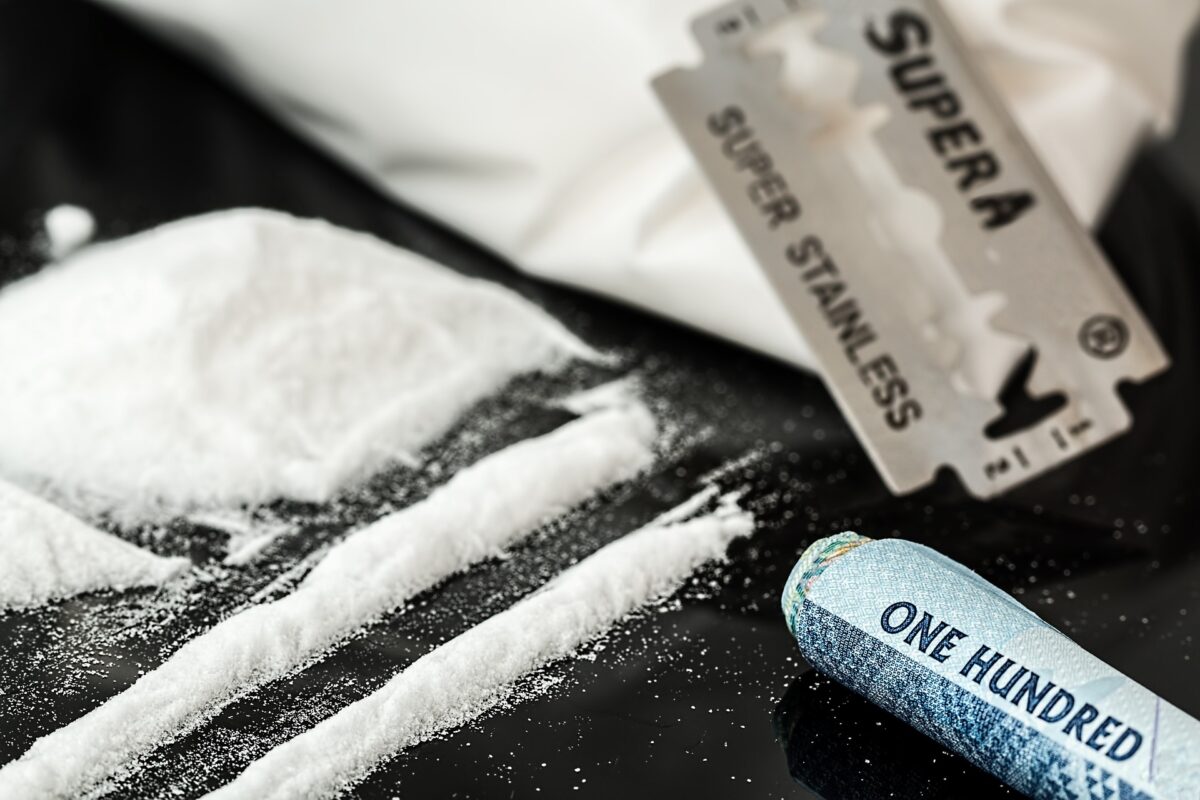2022 was the second-deadliest year in BC’s history when it came to the illicit drug crisis with 2,272 deaths, second only to the 2,306 recorded in 2021.
And the news was even worse in the Cariboo region.
The BC Coroners Service says there were a record 17 in the Cariboo-Chilcotin health area, which includes Williams Lake.
That was up from 10 in both 2021 and 2022.
There were seven suspected deaths from illicit drugs in Quesnel in 2022, down from 11 the previous year, and a record 18 in 2020.
And there were two suspected overdose deaths in 100 Mile House last year, down from 6 in 2021 and 2 in 2020.
Northern Health posted 181 illicit drug overdose deaths in 2022, which was the most ever recorded.
That was up from 157 from 2021, which was the previous record, and from 135 in 2020.
Interior Health had 388 suspected overdoses last year, breaking the previous mark of 378 from 2021.
There were 289 in 2020.
Northern Health also had the highest drug toxicity death rate among all the health authorities at 59.5 per 100,000 people – nine points higher than Vancouver Coastal, which came in at 50.5.
Interior Health had a drug toxicity death rate of 46 per 100,000, which was third out of the five health authorities.
“British Columbians across the province are continuing to experience tremendous harm and loss as a result of the province’s toxic illicit drug supply,” said Lisa Lapointe, chief coroner. “Our province continues to lose an average of six lives every day, and many more people experience serious health consequences as a result of the unpredictable, unregulated drug supply. Death due to drug toxicity remains the leading cause of unnatural death in British Columbia, and is second only to cancers in terms of years of life lost.”
The Coroners Service noted 70% of those who died in 2022 were between the ages of 30 and 59, and 79 percent were male.
One fatality occurred at an overdose prevention site last year.
“The reality is that these deaths are preventable,” Lapointe said. “Toxicology data confirms that the drug supply in British Columbia is increasingly volatile and life-threatening. The Standing Committee on Health and two BC Coroners Service death review panels are in agreement that we must rapidly increase access to a safer supply of substances, while at the same time, building out a robust system of evidence-based care. Those dying are our family members, neighbours, friends and colleagues. Urgent action is required to reduce the significant risks that tens of thousands of British Columbians are currently facing.”
Today (Tuesday), drug decriminalization takes effect in BC where adults will no longer be arrested, charged, or have their drugs seized if they are in possession of under 2.5 grams of certain drugs.
The drugs included in the decriminalization include opioids, cocaine, methamphetamine, and MDMA.
However, drug possession in any amount will also continue to be illegal on K-12 school grounds and at licensed childcare facilities.
Health Canada has granted the province a three-year trial period, which begins on Tuesday and will run until Jan. 31, 2026.
(With files from Brendan Pawliw-MyPGNow)
Something going on in the Cariboo you think people should know about?
Send us a news tip by emailing [email protected].








